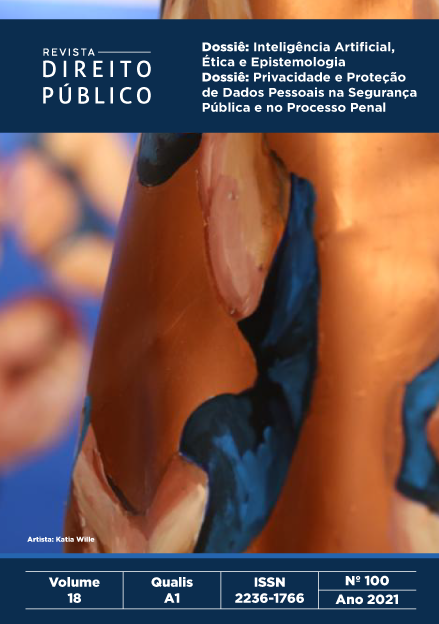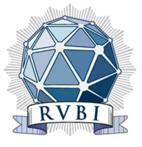Ethical Dimensions of the GDPR, AI Regulation, and Beyond
DOI:
https://doi.org/10.11117/rdp.v18i100.6197Resumo
Our digital society is changing rapidly, with emerging new technologies such as artificial intelligence (AI) and machine learning, robotics, and the internet of things. These changes trigger new fundamental ethical questions relating to privacy, data protection and other values, including human rights and the way they are affected by the extensive and intensive use of data for analytical and practical innovations. This article explores these ethical dimensions and the extent to which the European Union’s General Data Protection Regulation (GDPR) of 2018 takes ethics into account in relation to these socio-technical developments. More briefly, it looks similarly but more selectively at the EU’s proposed AI Act of 2021, which aims to regulate AI in relation to levels of risk.It concludes with some observations on desirable institutional arrangements for making and applying ethical judgements in the regulation of advanced technologies that use personal data.
Downloads
Publicado
Como Citar
Edição
Seção
Licença
Copyright (c) 2022 Direito Público

Este trabalho está licenciado sob uma licença Creative Commons Attribution-NonCommercial 4.0 International License.
O(s)/A(s) autores(as) dos manuscritos submetidos concorda(m) com as regras a seguir:
1) Todos os autores e autoras participaram do trabalho, são responsáveis pelas ideias e conceitos nele emitidos e atestam sua conformidade com os princípios éticos exigidos.
2) Todos os autores e autoras concordam com a forma final do trabalho e em ceder os direitos para publicação nos canais de publicação da Escola de Direito do IDP.
3) Todos os autores e autoras informam que o manuscrito é de sua autoria e assumem a responsabilidade pelo trabalho, declarando que a obra a ser publicada não infringe quaisquer direitos de propriedade intelectual de terceiros.
3.1) Em caso de submissão simultânea, além da reprovação imediata do artigo e comunicação ao(s) respectivo(s) periódico(s), a Revista Direito Público se reserva o direito de não receber novas submissões de todos os autores implicados pelo prazo de 2 (dois) anos, contado a partir da data de ciência do fato.
4) Todos os autores e autoras autoriza(m) a edição de seu trabalho e cede(m) à Escola de Direito do IDP os direitos de autor para reproduzir, editar e publicar ou veicular o citado trabalho em qualquer forma midiática, resguardada a autoria, em particular sob forma digital, em arquivo eletrônico online na Internet, bem como armazená-los em seu repositório de acordo com o desenvolvimento do processo editorial. Esta concessão não terá caráter oneroso para a Escola de Direito do IDP, não havendo remuneração sob qualquer modalidade pela utilização do referido material, tendo este o caráter de colaboração científica.












